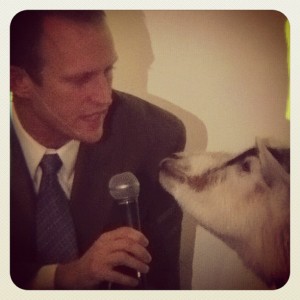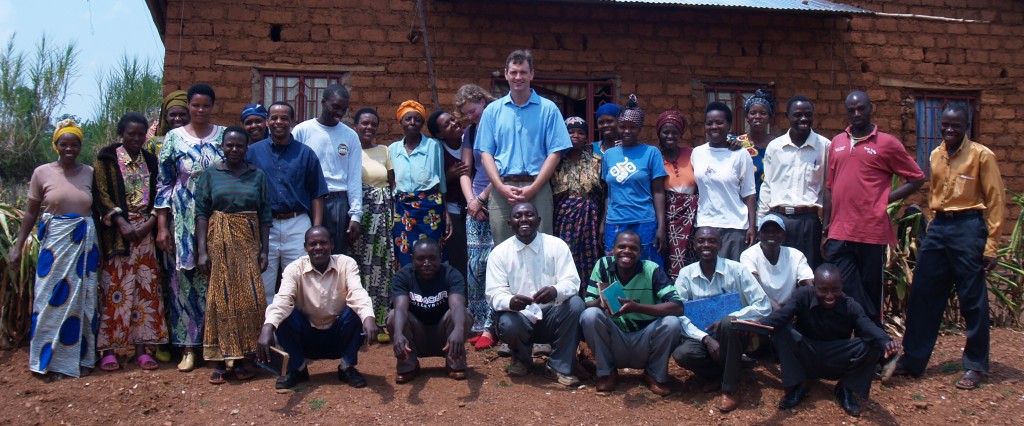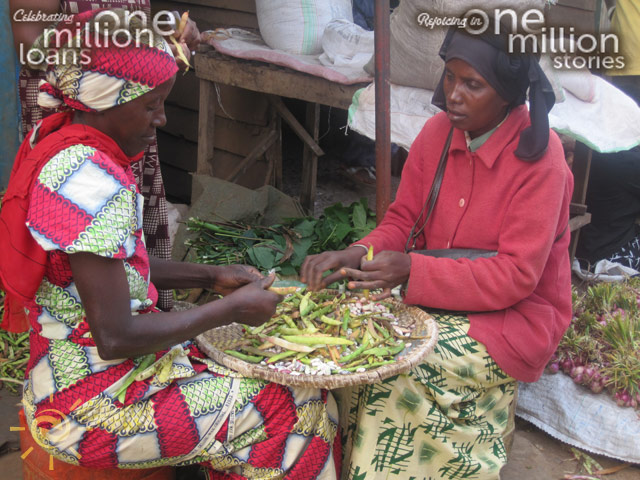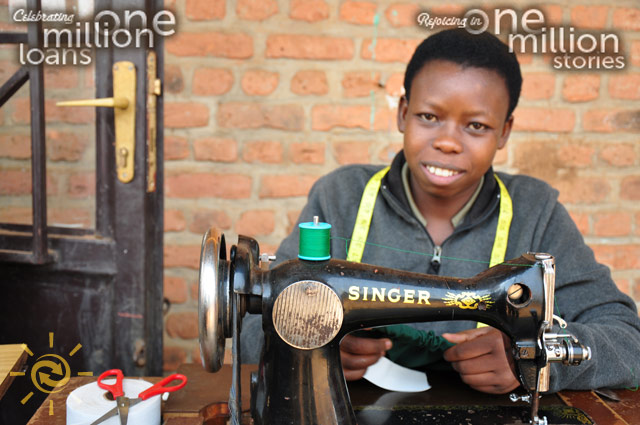I think I was 11 the first time my family went on a mission trip. We went deep into the hills of Appalachia: to parts of this country that it’s hard to believe exist. I tagged along with a group that included professional contractors and talented electricians and plumbers, helping out where I could to work alongside a family in making significant repairs to their home. They lived in a pop-up camper with several additions made with great necessity but limited skill. Sewage flowed directly underneath their home, and the family’s living conditions were shocking to a kid who thought most people lived a lot like she did.
One of my clearest memories from this trip is of our group facilitator telling us matter-of -factly before we arrived that this family had a swimming pool. To brace us for the dissonance, he explained that the family lived on extremely limited income and hadn’t been able to give their children much, but this pool was something they had saved to afford. We might have seen it as an odd or even irresponsible use of limited funds, but psychologically, this pool—and being able to afford it—meant a lot to the family. The facilitator didn’t phrase it this way, but I think his underlying message was, “Try not to judge what you can’t understand.” Continue Reading…



















